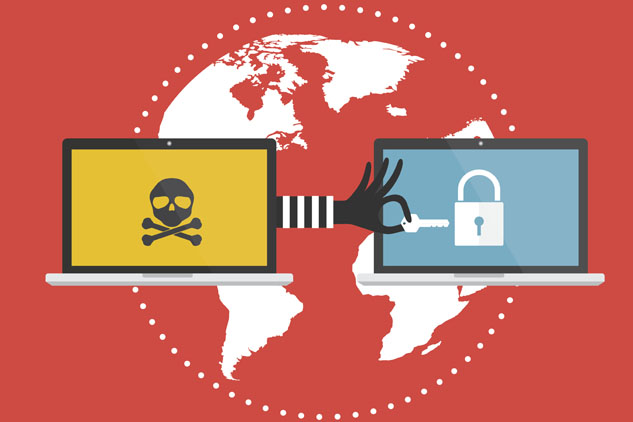Whether you’re a little tech savvy or a complete technophobe, the concept of SSL certificates can be a complex one if you haven’t had any experience of them. While online businesses may use them for the purpose of SSL encryption, to ensure that sensitive data used to complete an online sale is indecipherable, client and server SSL certificates are something completely different. If all you require is a digital certificate to help maintain your website security, make sure you read the various SSL encryption reviews and make an informed choice of which type to plump for.

Client and Server SSL certificates are often mistaken for each other, due to ill-defined goalposts that would help to distinguish between the two.
Server certificates are used to identify the authenticity of the server. Typically, they are assigned to hostnames, such as a host machine or similar. When reading the content of the server SSL certificate, using an online browser or specialist reader such as OpenSSL, the ‘issued to’ field name will specify the hostname that the certificate was issued to.
These certificates serve a very distinct purpose and that’s to encrypt and decrypt the sensitive content within, and are stored within the local computer account.
On the other hand, client certificates exist to prove the identity of the user, such as a client, administrator or employee. Their purpose is to authenticate the client or user to the server, so that it doesn’t grant access to unscrupulous individuals. In the case of client certificates, the ‘issued to’ field wouldn’t be the hostname, but the specific individual that the certificate has been granted to.
The main difference between this and the server certificate is that these ones aren’t used to encrypt data – their sole purpose is to verify the user’s identity.
All SSL certificates help to maintain your online and web security, playing a vital role in building user confidence and ensuring their trust isn’t compromised.







